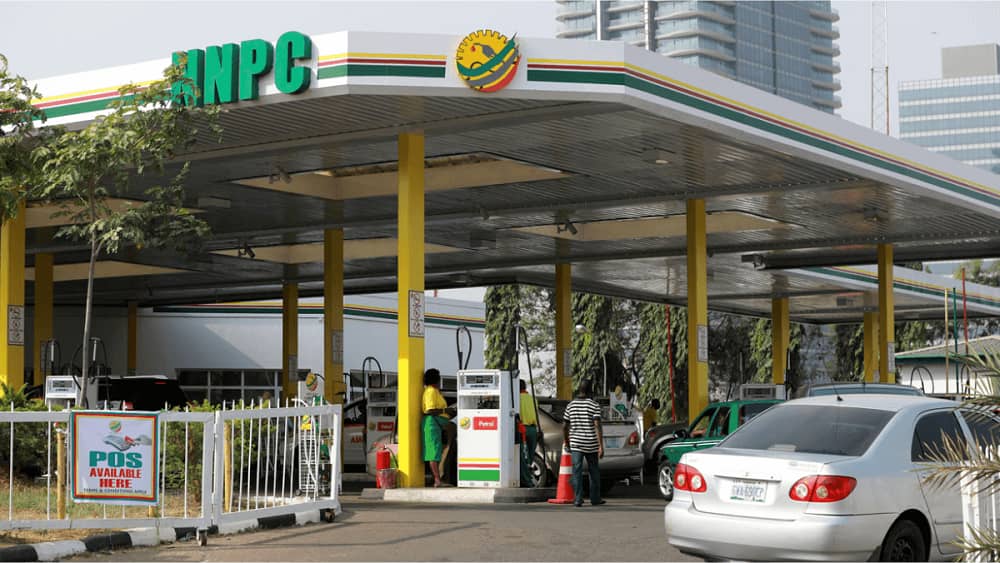Business
Why Nigerians should expect big drop in petrol prices soon -PETROAN

The Petroleum Products Retail Outlet Owners Association of Nigeria (PETROAN) has expressed confidence that petrol prices will drop following the restoration of operations at the Port Harcourt and Warri refineries by the Federal Government.
In a statement issued on Saturday, PETROAN’s National Public Relations Officer, Dr. Joseph Obele, emphasized that despite initial skepticism, the refineries are now “fully operational, with PETROAN members loading petroleum products, including DPK, AGO, and PMS.”
“The resurgence of these refineries has sparked intense competition, which is expected to drive down petroleum prices. As Nigerians advocate for lower PMS prices, it is clear that competition is a crucial factor in triggering price reductions,” the statement read.
Obele emphasized the advantages of the refineries’ revival, including the elimination of adulterated diesel and kerosene from the market.
He lamented that for years, the absence of functioning refineries had fueled the spread of substandard petroleum products, posing risks to consumers. However, he noted that with the availability of genuine diesel and kerosene, demand for fake products has declined, leading to a lower risk of explosions and equipment damage.
“The refineries’ functionality has also contributed to a decrease in crude oil theft, which has hindered Nigeria’s ability to meet OPEC production targets. As crude oil production increases, Nigeria is expected to generate more revenue and stabilize the naira.
“The revitalized refineries have created job opportunities, with deserted depots now bustling with activity. The host communities are also benefiting from empowerment programs, which are expected to positively impact insecurity and crime rates in the region,” he said.
According to PETROAN, the full-scale operation of the Port Harcourt and Warri refineries is poised to drive economic growth by increasing petroleum product availability, reducing import dependency, and boosting government revenue.
Obele further stated that the development would positively impact Nigeria’s Gross Domestic Product (GDP) and overall economic progress.
“Additionally, the refineries’ functionality will also enhance Nigeria’s energy security, reduce the pressure on foreign exchange, and create a stable supply chain for petroleum products. This will have a ripple effect on various sectors of the economy, including transportation, manufacturing, and agriculture, ultimately leading to improved economic productivity and competitiveness.”





















